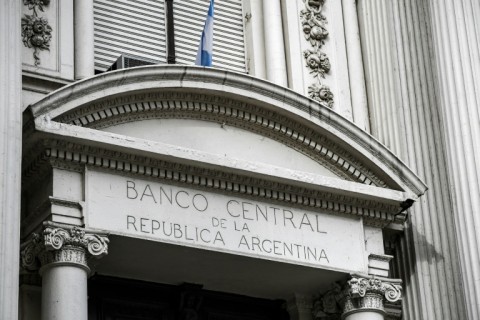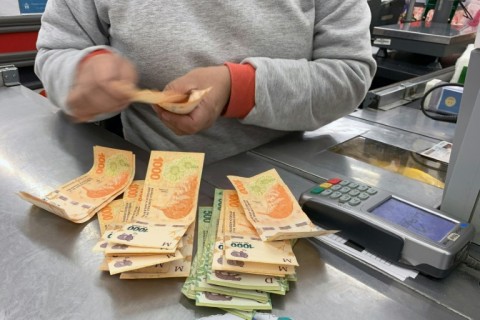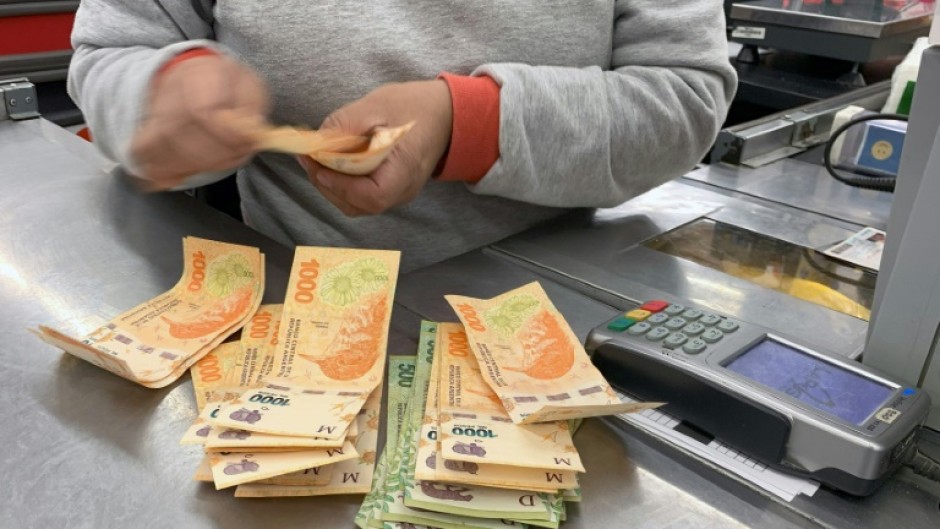
BUENOS AIRES - Argentina's central bank hiked its base interest rate Monday by six points to 97 percent as the government prepares to announce a spate of measures to tackle soaring inflation ahead of October's general election.
It is the second time in less than a month that the bank has ramped up interest rates as year-on-year inflation hit almost 109 percent in April.
In a statement, the central bank said the move was aimed at "preventing financial volatility from acting as a driver of inflation expectations."
Local media claim the government will announce a raft of measures over the coming week, such as an intervention in the exchange rate, subsidies for the most vulnerable sectors and facilitating imports to bring down prices.
The measures were prepared at the weekend during a meeting headed by Economy Minister Sergio Massa aimed at finding a way to tackle Argentina's economic woes just months out from a general election.
With center-left President Alberto Fernandez already having announced he will not stand for re-election, Massa is one of the leading candidates to represent the ruling Frente de Todos (Everyone's Front) party on October 22.
Latin America's third largest economy is in turmoil.
The peso lost 20 percent of its value against the dollar in a single week in mid April.
It briefly fell to 500 to the dollar on the informal exchange rate -- about double the rate of the official one -- before stabilizing at 470.
The official rate is 238.
The central bank responded by pushing up interest rates by 10 points to 91 percent.
Inflation hit its highest level in three decades in 2022, finishing the year on 94.8 percent.
But it has kept on climbing and reached almost 109 percent year-on-year in April.
The cost of living has risen by 31 percent since January 1.
Last year, more than 39 percent of the population was living in poverty.
'Conditions deteriorating rapidly'

Fernandez and the central bank are hoping these measures will ease the massive demand for dollars.
Many Argentines see converting their pesos to US currency as their only defense against the ravages of inflation.
"Economic conditions are deteriorating rapidly and will continue as the electoral process approaches," said Daniel Kerner, managing director for Latin America at the Eurasia Group, last week.
"Reserves are at a critical level, with a severe drought hurting export revenues."
The drought has badly affected the agricultural sector, which is vital for the country's ability to source foreign currencies.
Since the start of the year, Argentina has lost more than $5.5 billion in international reserves, which have dropped to $33.5 billion, according to the central bank.
Argentina is one of the largest producers of food in the region but sources from the economy ministry told the Telam news agency that the country would be forced to turn to food imports "to reduce the effective price of the public sale of fresh produce... and non-perishable dry goods in order to defend people's consumer power."

